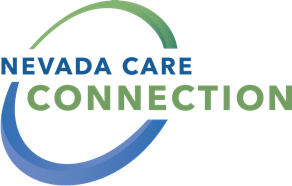People who are Deaf or Hard of Hearing often experience unique challenges in accessing services due to communication barriers. This page is designed to give providers and hearing individuals information and resources to ensure you are creating a deaf friendly environment.
Communication Etiquette
Communication etiquette is imperative when communicating with anyone. It is especially unique when attempting to effectively communicate with deaf and hard of hearing individuals. People who experience hearing loss typically processes information visually, and as a result rely heavily on body language and face to face interactions. When communicating with a deaf or hard of hearing individual it is best to ask their preference of communication. Making assumptions on behalf of a person can result in exacerbating preexisting barriers. The following are some great general tips when communicating with a deaf and/or hard of hearing individual.
General Etiquette:
- Maintain face to face contact
- Use normal speaking patterns
- Write/ text the information if necessary
- Refrain from telling the interpreter “Tell them I said…”
- Be patient and inclusive
- Use body language and gestures
- Refrain from using the term “hearing impaired”
Virtual Communication Tips:
- Maintain eye contact
- Limit visual background distractions
- Ample light sources
- (Do not place light behind you!)
- Wave at the camera if you’re attempting to get their attention.
- Use chat feature when necessary
- Be conscious of interpreter translation time
- Be mindful of team interpreting switching
What You Should Know About Interpreters!
Interpreters are used in many different systems to facilitate the communication between an ASL and a non ASL user. Qualified interpreters are necessary to ensure that accessibility to quality communication is adequate.
What is an Interpreter/CART Provider?
- An “interpreter” is anyone engaging in the practice of interpreting (the facilitation of communication between persons who are deaf or whose hearing is impaired and other persons). (NRS 656A.060)
- A “CART provider” or “Realtime captioner” is anyone engaging in the practice of the immediate, verbatim translation of the spoken word into English text using a stenographic machine or voice recognition software, and a computer and real time captioning software. (NRS 656A.025)
When Should You Hire an Interpreter?
An interpreter should be hired anytime there is a need to make effective communication accessible to, individuals that are deaf and hard of hearing and/or have limited to no English-speaking abilities. To request an interpreter please view the NV Interpreter Registry.

